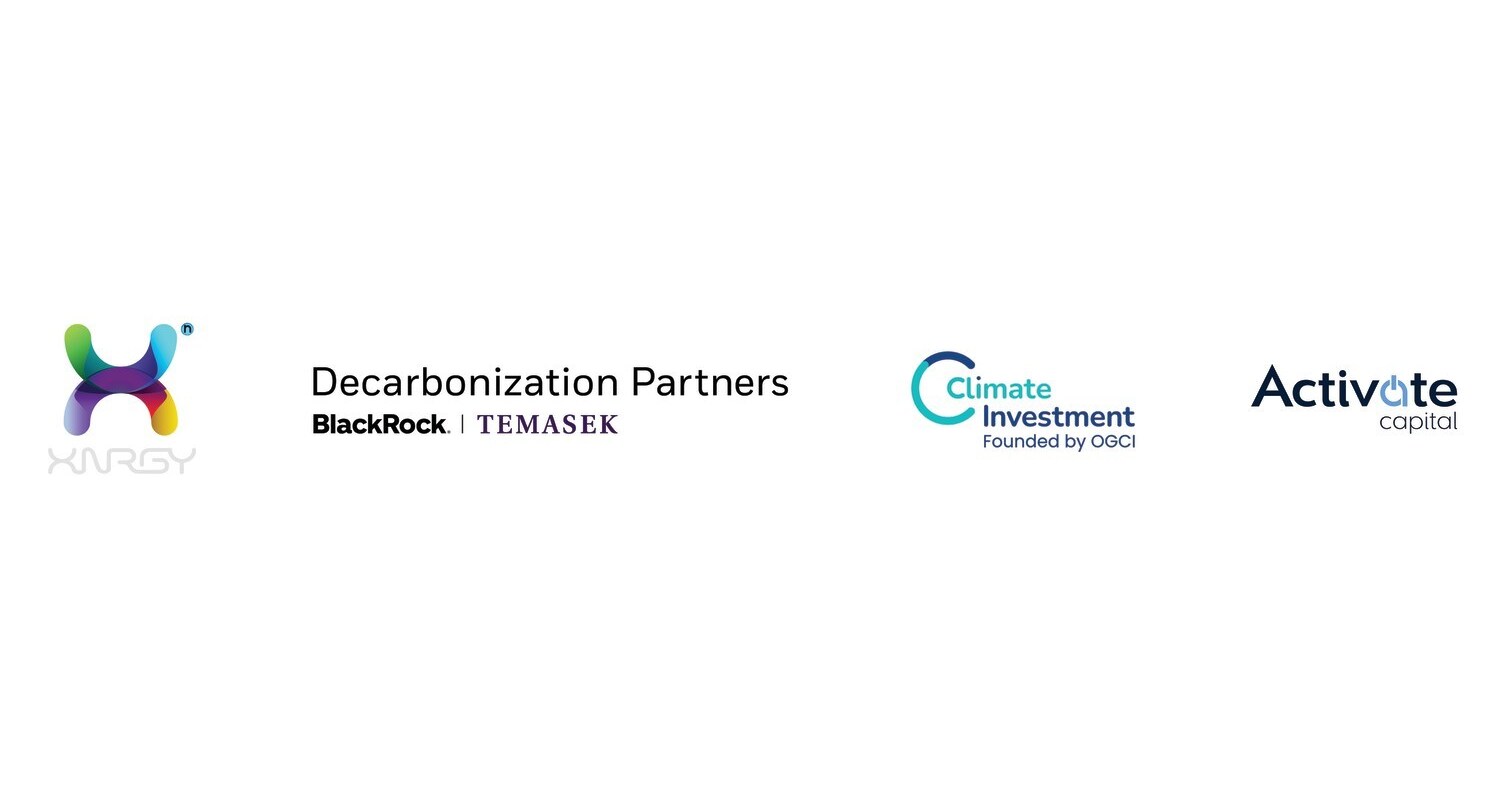Drawing on a decade of research, the report offers actionable strategies for family-school partnerships that strengthen student outcomes in a rapidly changing education landscape
MEMPHIS, Tenn., Oct. 21, 2025 /PRNewswire/ — Today at the Grantmakers for Education 2025 Annual Conference, Learning Heroes released Centering Families in the Future of Education: Insights & Perspectives From 10 Years of Research, a report that distills a decade of work with families, educators, and community partners into ten practical insights for improving student and school outcomes through stronger family-school partnerships.
“Parents today have unprecedented voice and choice in their children’s education, yet, too often, lack the information to make confident, informed decisions,” said Bibb Hubbard, Founder and CEO of Learning Heroes. “With a decade of insights from parents, students, teachers, and principals, we have a clearer roadmap for creating schools and communities that work in true partnership with families and help every child thrive.”
The report points to a persistent “perception gap” — while 88% of parents say their child is at or above grade level in reading and math, only 30% of eighth-graders meet that mark, according to the Nation’s Report Card. To close this gap, Learning Heroes outlines strategies such as clearer home-school communications and stronger supports for those navigating learning differences or exploring alternative post-secondary pathways.
Here are 10 insights that the report surfaces, at a glance:
- Mind the gap: Perception vs. reality. Nearly 88% of parents believe their child is at/above grade level in reading and math, yet national benchmark data indicate closer to 30% of eighth graders meet proficiency — signaling that families need clearer, more complete information to act early.
- Reckon with report cards. Parents often rely on grades to know how their child is progressing. But grades reflect more than just mastery of a subject, including effort and participation, which often mask grade-level achievement. When parents see clear measures — state and formative assessments, for example — their belief that their child is on grade level drops from 92% to 44% and prompts them to take action.
- Spark action through awareness. 97% of parents who know their child is behind in math report concern about their child’s math skills, and they’re far more likely to raise issues with teachers (74% vs. 50% of all parents).
- Prioritize the parent–teacher team. Placing trust at the center of the home-school relationship, anchoring family engagement strategies in student learning and well-being, and investing in infrastructure are the backbone of effective family engagement. When schools build structured time for engagement and equip educators, families can co-create action plans and outcomes improve.
- Make family engagement a strategy, not a goal. Embedding engagement into core priorities — attendance, literacy, math — yields results. Schools with stronger pre-pandemic engagement had lower rates of absenteeism afterward and higher achievement.
- Define success after high school. Families value multiple pathways — four-year degrees, industry credentials, apprenticeships — and want access to AP, dual enrollment, and CTE. Yet many need guidance on options that lead to purpose and opportunity.
- Connect social, emotional, and academic growth. Parents want schools to pursue both rigor and whole-child development: 80% prioritize high expectations, 78% value social–emotional growth, and parents respond positively when life skills are integrated into academic instruction.
- Learning differences are common — support should be, too. Nearly 1 in 5 students has a learning difference. While teachers are often first to notice, many feel underprepared, and only 20% of parents say it’s “very easy” to navigate evaluation — highlighting the need for clear guidance, training, and family-friendly processes.
- Lose the edu-jargon. Terms familiar to educators can confuse or alienate families. Plain language builds trust and helps parents act. Reframing “resilience,” for example, as “help children overcome challenges” resonates more and clarifies expectations.
- Engagement works at every grade level. Strong family engagement correlates with better attendance and achievement in elementary through high school, with some of the largest gains in middle grades.
Learning Heroes will be speaking about these insights and more in a roundtable at the Grantmakers for Education 2025 Annual Conference on October 21 in Memphis, Tennessee. To go deeper on these insights and download the full report, please click here.
About Learning Heroes
Founded in 2014, Learning Heroes’ mission is to accelerate home-school partnerships grounded in trust and centered on student success — advancing student achievement, school success, and thriving communities. As a national nonprofit, we work with states, districts, and national and local organizations to bring families and educators together as partners in K-12 education. Our interconnected strategy is rooted in research on the home-school relationship, actionable communications for families and educators, and tools and professional learning experiences that directly impact student learning and well-being.
SOURCE Learning Heroes






